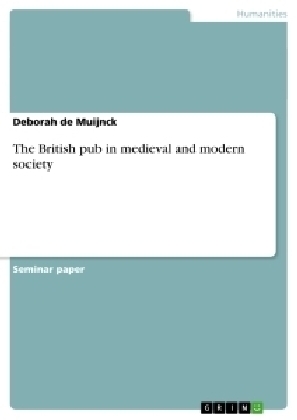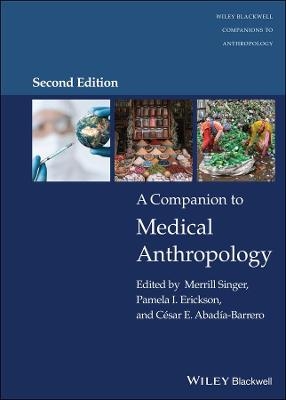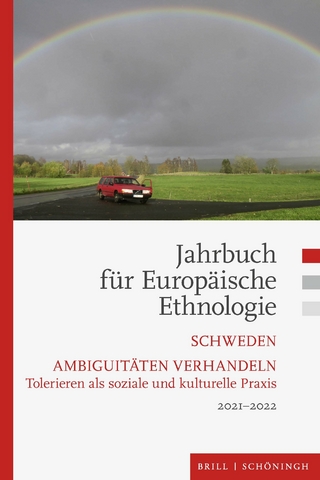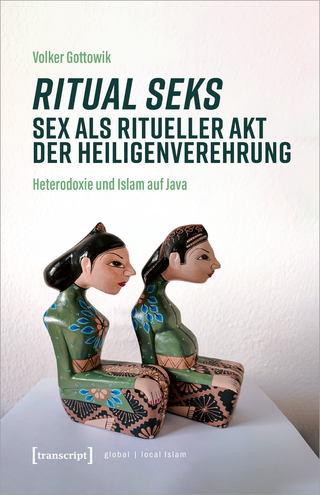
The British pub in medieval and modern society
Seiten
2009
|
2. Aufl.
GRIN Verlag
978-3-640-36084-0 (ISBN)
GRIN Verlag
978-3-640-36084-0 (ISBN)
- Titel ist leider vergriffen;
keine Neuauflage - Artikel merken
Seminar paper from the year 2009 in the subject Cultural Studies - Miscellaneous, grade: 2.3, TU Dortmund (Anglistik - Britische Kulturwissenschaft), course: "He that will an Alehouse keep" - The British Pub, language: English, abstract: The pub is one of the main aspects which especially tourists connect with the British. Other stereotypes of Britishness might be boiled meat in mint sauce, English breakfast, warm beer ("real ale") and rain - things which are also connected to the British pub as it does not only provide food and drinks but also warmth and cosiness as a protection from bad weather.
The Canterbury Tales, written by Geoffrey Chaucer in the 14th century, are said to have been the first literary work in the vernacular in Great Britain (eNotes 2009: par. The Canterbury Tales/ Introduction).
It might not be too surprising that the book starts in a pub, more precisely in an inn called the Tabard (Coghill 1951 : 6).
The Canterbury Tales are a collection of different stories such as romances, allegories and farces which are told by 25 travellers of nearly all social classes who meet in the Tabard to start their journey. The group consists of pilgrims who travel to Canterbury in order to visit the tomb of Sir Thomas Beckett. They return to the Tabard at the end of their pilgrimage (Coghill 1951 : 23).
The term "pub" or "public house" arose in the late 19th century - its "ancestors" were the alehouse, the tavern and the inn which all provided different facilities and caterings for different social groups.
While the alehouse mostly sold ale, beer and simple food for the lower class, upper class people were offered wine and well prepared meals in the tavern. The inn, like the Tabard, was a business for travellers who were able to afford better accomodation and more elaborate meals (Brandwood, Davison and Slaughter 2004: 1-6) .
The fact that travellers of different social groups meet in the Tabard probably does not only give us an overview of British society of the 14th century, but it might also hint at the role which the pub, or at those times the inn, played for the middle and higher classes.
In this paper, I will analyse in how far the position of the pub in society has changed and how the division of the visitants has changed over the centuries. In order to arrive at a well grounded conclusion, I will compare Chaucer's Tabard of the 14th century to present day pubs of the 21st century. To get an overview of present day pubs I will concentrate on several pubs in Southwark and other parts of Greater London.
The Canterbury Tales, written by Geoffrey Chaucer in the 14th century, are said to have been the first literary work in the vernacular in Great Britain (eNotes 2009: par. The Canterbury Tales/ Introduction).
It might not be too surprising that the book starts in a pub, more precisely in an inn called the Tabard (Coghill 1951 : 6).
The Canterbury Tales are a collection of different stories such as romances, allegories and farces which are told by 25 travellers of nearly all social classes who meet in the Tabard to start their journey. The group consists of pilgrims who travel to Canterbury in order to visit the tomb of Sir Thomas Beckett. They return to the Tabard at the end of their pilgrimage (Coghill 1951 : 23).
The term "pub" or "public house" arose in the late 19th century - its "ancestors" were the alehouse, the tavern and the inn which all provided different facilities and caterings for different social groups.
While the alehouse mostly sold ale, beer and simple food for the lower class, upper class people were offered wine and well prepared meals in the tavern. The inn, like the Tabard, was a business for travellers who were able to afford better accomodation and more elaborate meals (Brandwood, Davison and Slaughter 2004: 1-6) .
The fact that travellers of different social groups meet in the Tabard probably does not only give us an overview of British society of the 14th century, but it might also hint at the role which the pub, or at those times the inn, played for the middle and higher classes.
In this paper, I will analyse in how far the position of the pub in society has changed and how the division of the visitants has changed over the centuries. In order to arrive at a well grounded conclusion, I will compare Chaucer's Tabard of the 14th century to present day pubs of the 21st century. To get an overview of present day pubs I will concentrate on several pubs in Southwark and other parts of Greater London.
| Reihe/Serie | Akademische Schriftenreihe |
|---|---|
| Sprache | englisch |
| Maße | 148 x 210 mm |
| Themenwelt | Sozialwissenschaften ► Ethnologie ► Völkerkunde (Naturvölker) |
| ISBN-10 | 3-640-36084-2 / 3640360842 |
| ISBN-13 | 978-3-640-36084-0 / 9783640360840 |
| Zustand | Neuware |
| Haben Sie eine Frage zum Produkt? |
Mehr entdecken
aus dem Bereich
aus dem Bereich
Schweden : Ambiguitäten verhandeln - Tolerieren als soziale und …
Buch | Softcover (2023)
Brill Schöningh (Verlag)
49,90 €
Buch | Softcover (2023)
transcript (Verlag)
54,00 €


